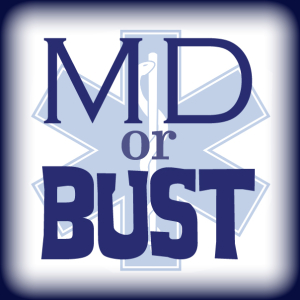Communication Breakdown: The Art in Medicine
I walk around, wide-eyed yet confused. It seems so different. I always thought I was too objective for my art friends and too subjective for my science friends. But was that really an accurate reflection of my own personality? Medicine is about reductionism, objectivity and straightforwardness. In medical school, I’m learning a method of communication in which empathy is taught as a route to finding out more about a patient; it’s conveniently called the patient-centered …








